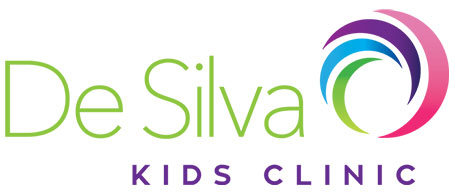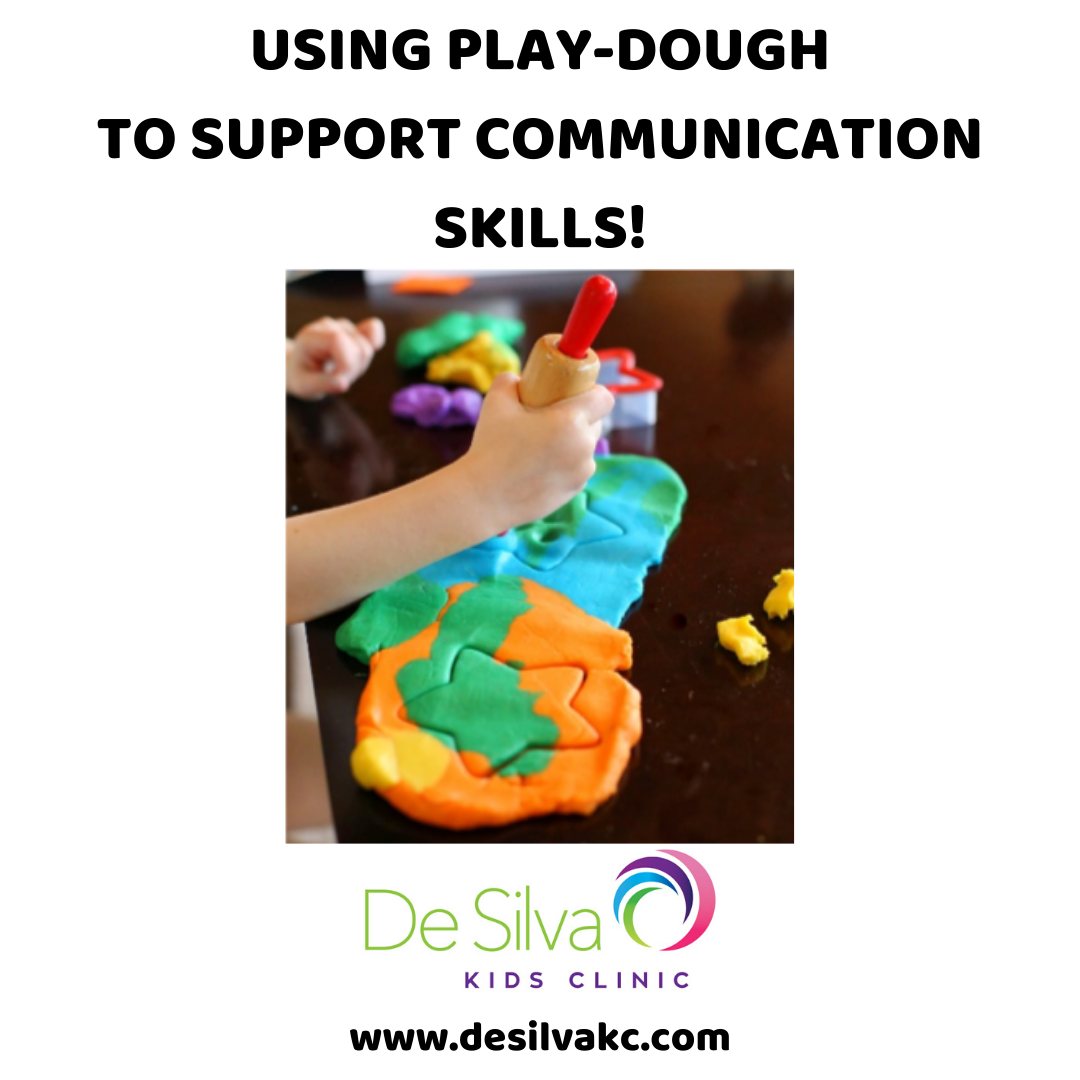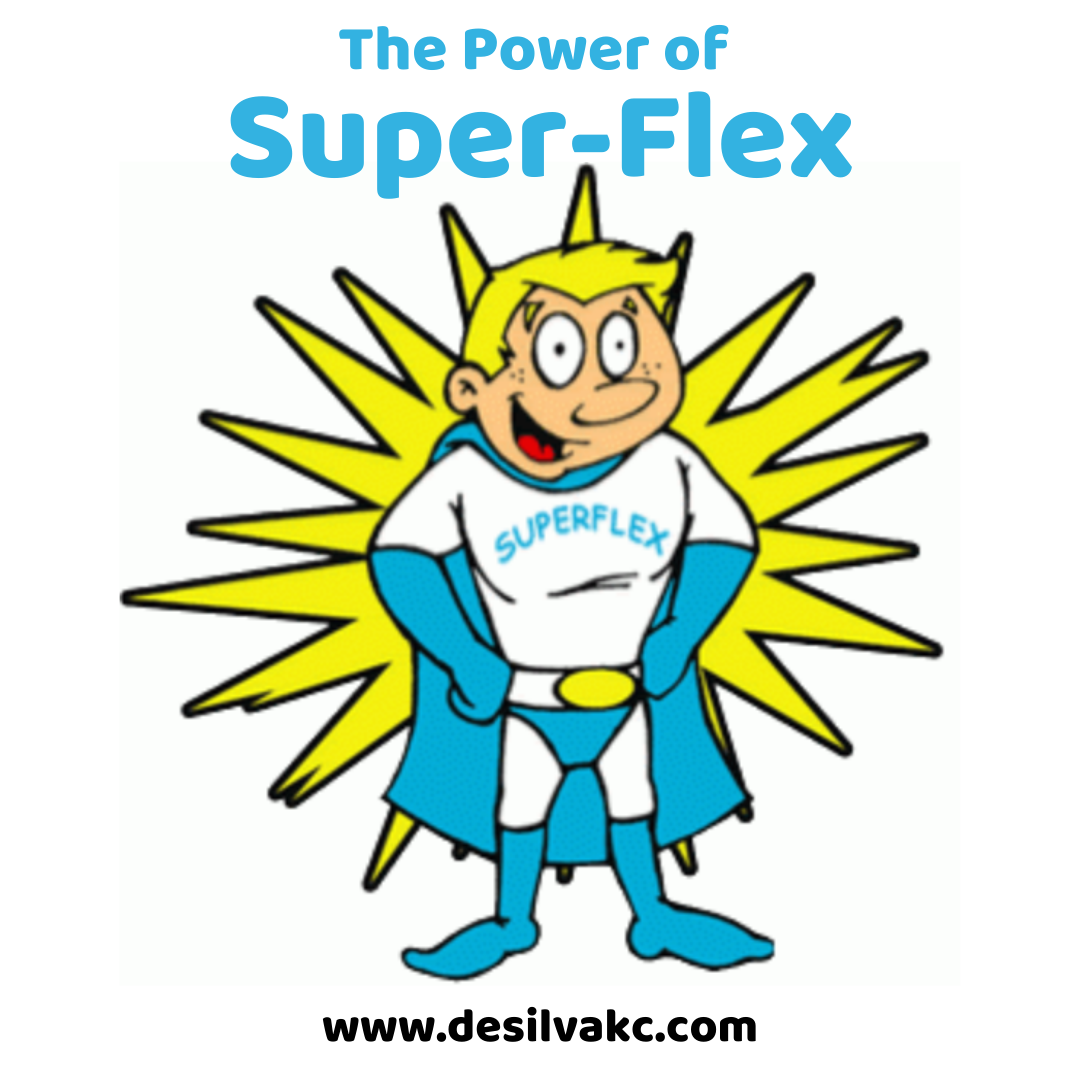Many families have heard about Autism (or Autism Spectrum Disorder “ASD”) but it is sometimes hard to know what to look out for in your own child. Children with autism have a range of skills and abilities and don’t all act the same way. Here are just a few signs that may indicate it’s worth seeking advice from a healthcare professional:
- Your child doesn’t talk as much as other children their age
- Your child doesn’t respond when you call their name
- Your child doesn’t use eye contact to share interest with others
- Your child has difficulty with changes in routine
- Your child goes out of their way to avoid sensory input or seeks it out
- Your child uses toys in repetitive ways and doesn’t like ‘pretend play’
If you have a child between 11 and 30 months old, you can also use a free app called ‘ASDetect’ to monitor your child’s social attention and communication behaviours. The app was developed at La Trobe University in Melbourne and is free and easy to use.
More information on ASD and child development is also available on the Raising Children’s Network.
Written by Eleanor Brignell – Speech Pathologist for De Silva Kids Clinic.




